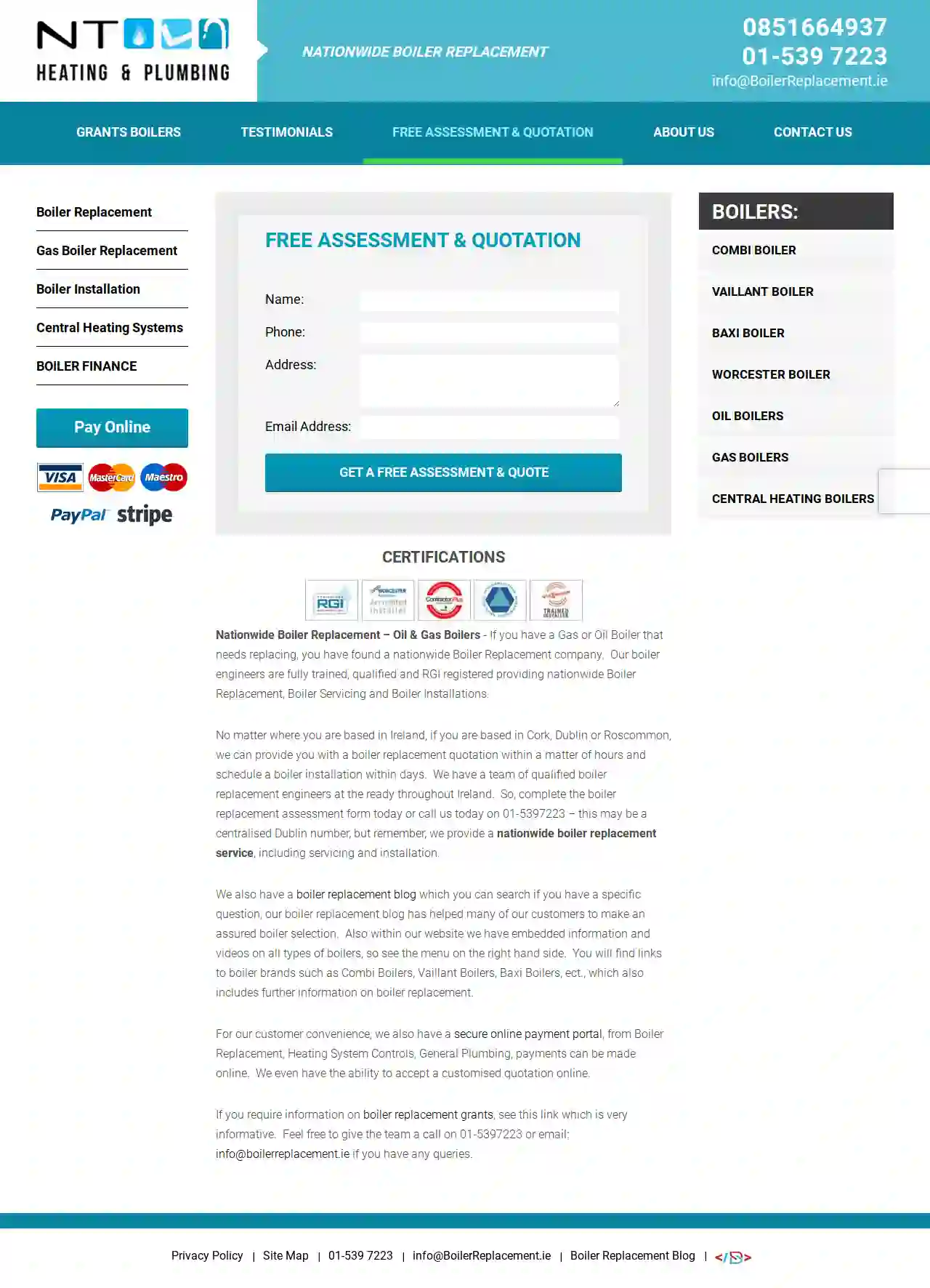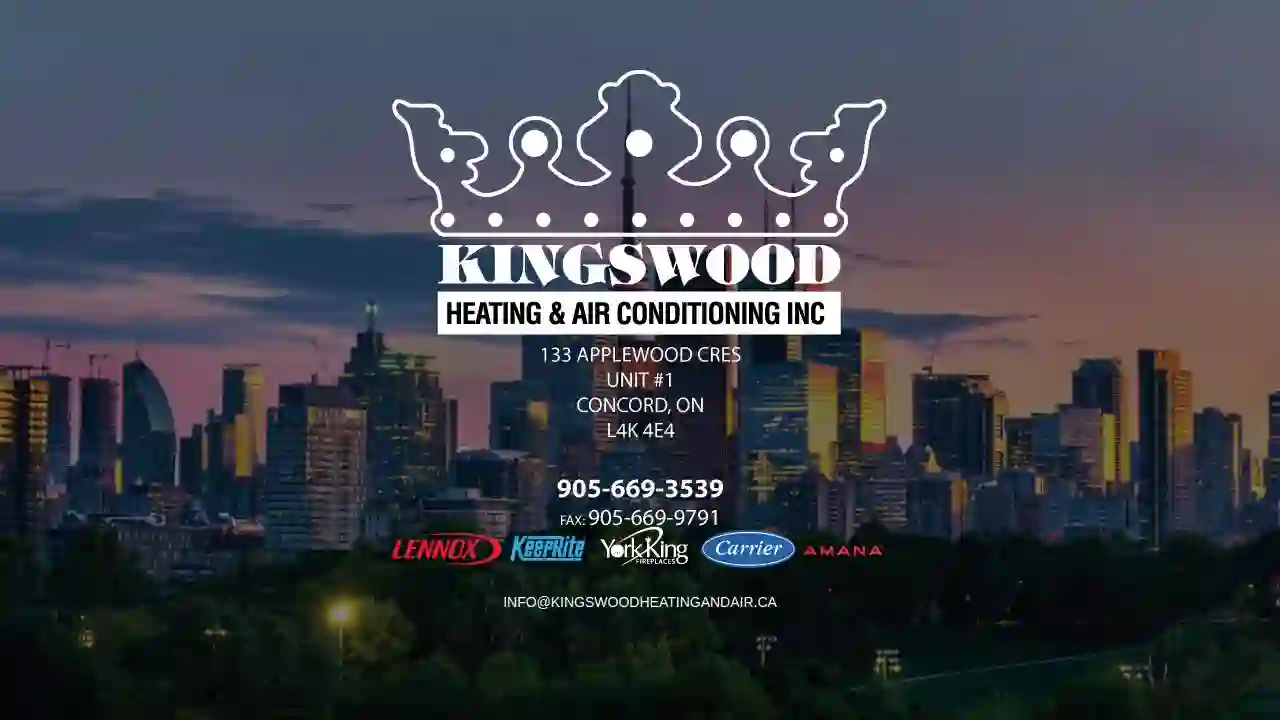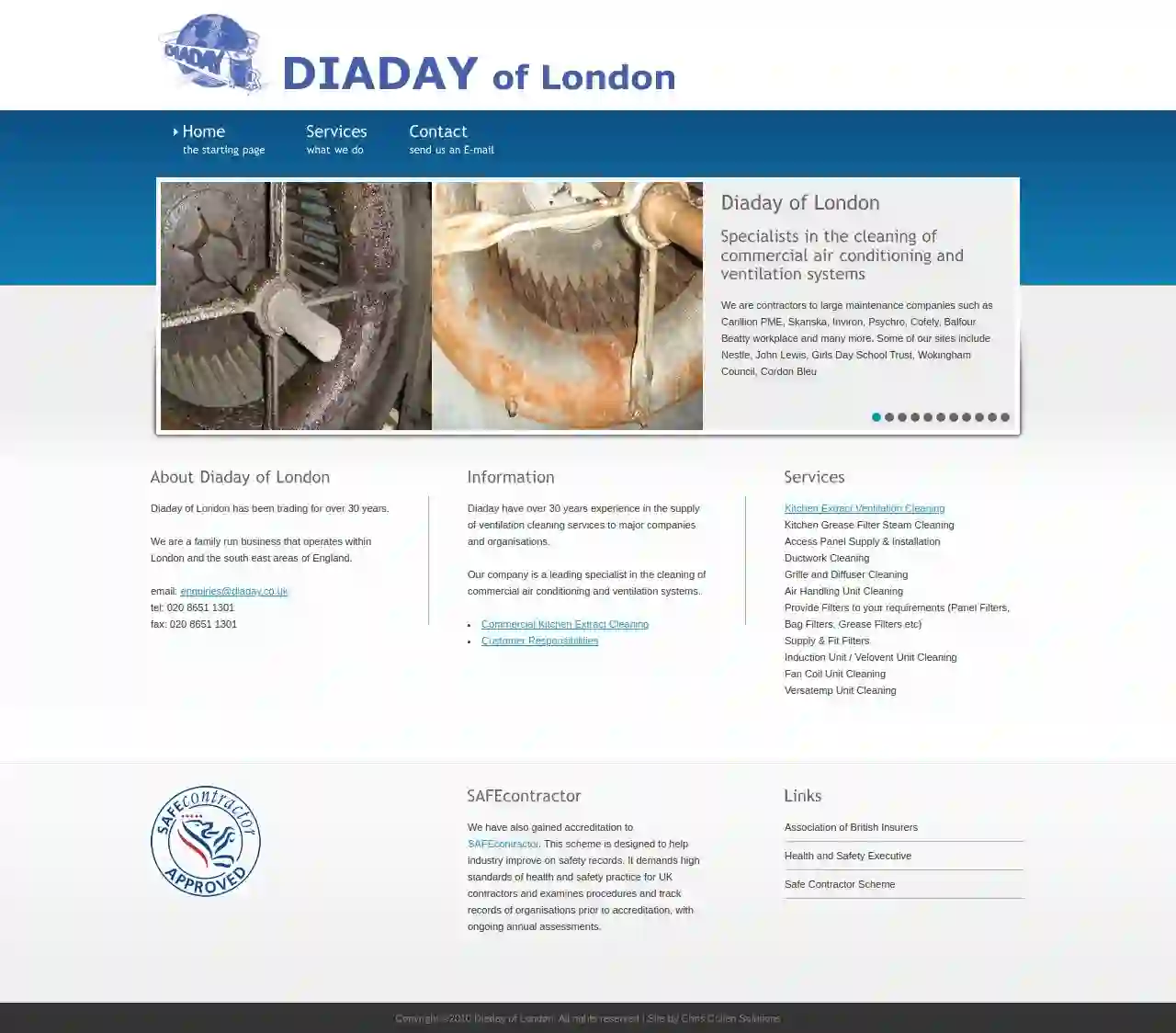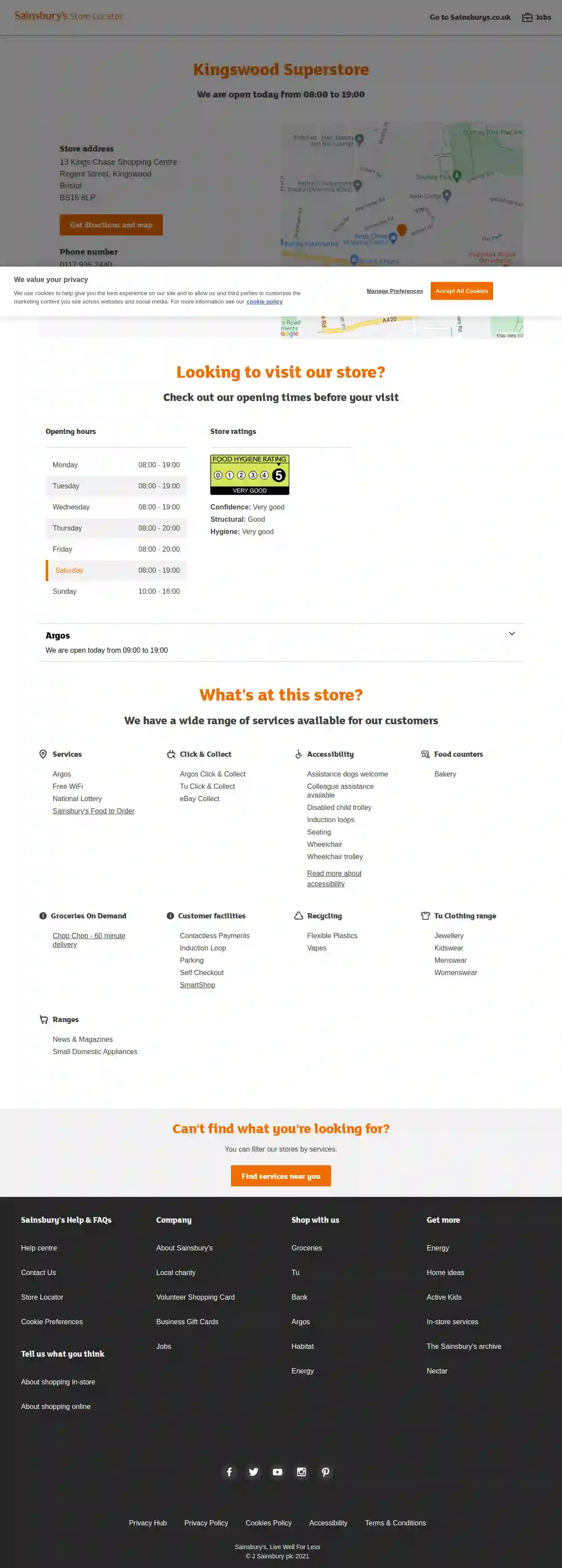Boiler Installation Frampton Cotterell
Top Boiler Installation in Frampton Cotterell
Get 3 FREE New Boiler quotes for your project today! Compare profiles, reviews, accreditations, portfolio, etc... and choose the best offer.

NT Heating & Plumbing
4.534 reviewsKingswood, GBNationwide Boiler Replacement – Oil & Gas Boilers - If you have a Gas or Oil Boiler that needs replacing, you have found a nationwide Boiler Replacement company. Our boiler engineers are fully trained, qualified and RGI registered providing nationwide Boiler Replacement, Boiler Servicing and Boiler Installations. No matter where you are based in Ireland, if you are based in Cork, Dublin or Roscommon, we can provide you with a boiler replacement quotation within a matter of hours and schedule a boiler installation within days. We have a team of qualified boiler replacement engineers at the ready throughout Ireland. So, complete the boiler replacement assessment form today or call us today on 01-5397223 – this may be a centralised Dublin number, but remember, we provide a nationwide boiler replacement service, including servicing and installation. We also have a boiler replacement blog which you can search if you have a specific question, our boiler replacement blog has helped many of our customers to make an assured boiler selection. Also within our website we have embedded information and videos on all types of boilers, so see the menu on the right hand side. You will find links to boiler brands such as Combi Boilers, Vaillant Boilers, Baxi Boilers, ect., which also includes further information on boiler replacement. For our customer convenience, we also have a secure online payment portal, from Boiler Replacement, Heating System Controls, General Plumbing, payments can be made online. We even have the ability to accept a customised quotation online. If you require information on boiler replacement grants, see this link which is very informative. Feel free to give the team a call on 01-5397223 or email: [email protected] if you have any queries.
- Services
- Why Us?
- Gallery
Get Quote
B Palmer Plumbing & Heating
32 reviews6 The Walk, Wotton-under-Edge, GL12 8RP, GBB Palmer Plumbing & Heating is a local business serving Wotton under Edge, Stroud and Gloucestershire. We offer a range of plumbing and heating services, including shower installations, pressurised hot water cylinders, bathroom installations, burst pipes and leaks, and wet rooms. We are committed to providing high-quality workmanship and excellent customer service.
- Services
- Why Us?
- Accreditations
- Gallery
Get Quote
Kingswood Air Conditioning Ltd
52 reviewsKingswood Business Park, Sevenoaks, Unit 10, TN15 7AA, GBKingswood AC is a leading provider of air conditioning, ventilation and refrigeration services in the South East. We are a family-run business with over 30 years of experience in the industry. We pride ourselves on providing our customers with high-quality, reliable and affordable services. Our team of qualified engineers is dedicated to providing our customers with the best possible service. We offer a wide range of services, including the installation, maintenance and repair of air conditioning, ventilation and refrigeration systems. We also offer a 24-hour emergency call-out service. We are committed to providing our customers with the highest level of customer service. We are always available to answer your questions and provide you with the information you need. We are also committed to providing our customers with competitive prices. We believe that everyone should have access to quality air conditioning, ventilation and refrigeration services. We are a fully accredited and insured company. We are also members of the British Refrigeration Association.
- Services
- Why Us?
- Accreditations
- Our Team
- Testimonials
Get Quote
Kingswood Heating & Air Conditioning Inc
32 reviews101-10100 128 Street, Richmond, V3T 1X4, GBKingswood Heating & Air Conditioning is a family owned and operated business serving the Greater Vancouver area since 1998. We are committed to providing our customers with the highest quality heating and air conditioning services at competitive prices. Our team of experienced technicians is dedicated to providing prompt, reliable, and professional service. We offer a wide range of services, including installation, repair, and maintenance of all makes and models of heating and air conditioning systems. We are fully licensed and insured, and we stand behind our work with a 100% satisfaction guarantee. At Kingswood Heating & Air Conditioning, we understand that your home comfort is important to you. That's why we offer 24/7 emergency service to ensure that you are never left without heat or air conditioning. We also offer financing options to make our services affordable for everyone. Contact us today to schedule a free consultation.
- Services
- Why Us?
- Gallery
Get Quote
Diaday Of London
Kingswood, GBDiaday of London is a leading provider of ventilation cleaning services to major companies and organisations. With over 30 years of experience, our company is a specialist in the cleaning of commercial air conditioning and ventilation systems. We are contractors to large maintenance companies such as Carillion PME, Skanska, Inviron, Psychro, Cofely, Balfour Beatty workplace and many more. Some of our sites include Nestle, John Lewis, Girls Day School Trust, Wokingham Council, Cordon Bleu. Our services include Kitchen Extract Ventilation Cleaning, Kitchen Grease Filter Steam Cleaning, Access Panel Supply & Installation, Ductwork Cleaning, Grille and Diffuser Cleaning, Air Handling Unit Cleaning, and more. We pride ourselves on offering a highly professional service in ensuring that your ventilation systems are thoroughly cleaned and degreased.
- Services
- Why Us?
- Accreditations
- Gallery
Get Quote
Barchester - Kingswood Court Care Home
4.529 reviewsKingswood, Bristol, 220 Soundwell Road, BS15 1PN, GBBarchester Healthcare is a leading provider of care homes in the UK, with over 200 homes across the country. Our care homes offer a range of care services, including residential care, nursing care, dementia care, and respite care. We believe that every individual is unique and deserves to be treated with dignity and respect. Our care homes provide a warm and welcoming environment, where residents can feel comfortable and at ease. Our staff are trained to provide high-quality care and support, and we work closely with residents and their families to ensure that their needs are met. We also offer a range of activities and services to help residents maintain their independence and quality of life. At Barchester Healthcare, we are committed to providing the highest level of care and support to our residents, and we strive to make a positive difference in their lives.
- Services
- Why Us?
- Accreditations
- Our Team
- Gallery
Get Quote
Warmglow Gas Heating and Plumbing
4.966 reviews24 Lees Hill, Kingswood, BS15 4TN, GBWarmglow Heating and Plumbing is a trusted and reliable heating engineer company based in Bristol. We specialize in boiler installations, boiler repairs, and central heating systems. Our experienced and helpful staff will always be happy to assist you. We operate throughout Bristol and the surrounding areas, catering to all domestic and business customers. We have the knowledge and expertise needed to ensure that you receive nothing but the best service. Our reputation has been developed through hard work, reliability, and commitment to our customers. Contact us today.
- Services
- Why Us?
- Accreditations
- Our Team
- Testimonials
- Gallery
Get Quote
Kingswood Court Nursing Home
4.47 reviewsKingswood Court Care Home, Warren Lodge Drive, Kingswood, KT20 6QN, GBKingswood Court Care Home is a nursing home located in Kingswood, Tadworth, Surrey. We provide individually tailored care to our residents, with a focus on exceptional care and respect. Our home is peaceful, clean, and welcoming, with a team of excellent staff who treat our residents with great care and respect. We are proud of our CQC Overall Rating of 9.9 out of 10, and our latest CQC Review on 3rd February 2021. We are committed to providing the highest standard of care to our residents, and we are here to help you every step of the way.
- Services
- Why Us?
- Accreditations
- Our Team
- Testimonials
- Gallery
Get Quote
Sainsbury's
4737 reviewsKingswood High Street, Kingswood, BS15 9AA, GBSainsbury's Kingswood is your local supermarket, offering a wide range of groceries, fresh produce, household essentials, and more. Our friendly team is dedicated to providing excellent customer service and helping you find everything you need. We also have a convenient in-store bakery, deli, and pharmacy.
- Services
- Why Us?
Get Quote- KC
KCL Plumbing & Heating
4.610 reviewsKingswood, GB- Services
- Why Us?
Get Quote
Over 12,692+ HVAC Companies registered
Our HVAC contractors operate in Frampton Cotterell and surrounding areas!
HVACCompaniesHub has curated and vetted the Best HVAC Companies arround Frampton Cotterell. Find a top & reliable business today.
